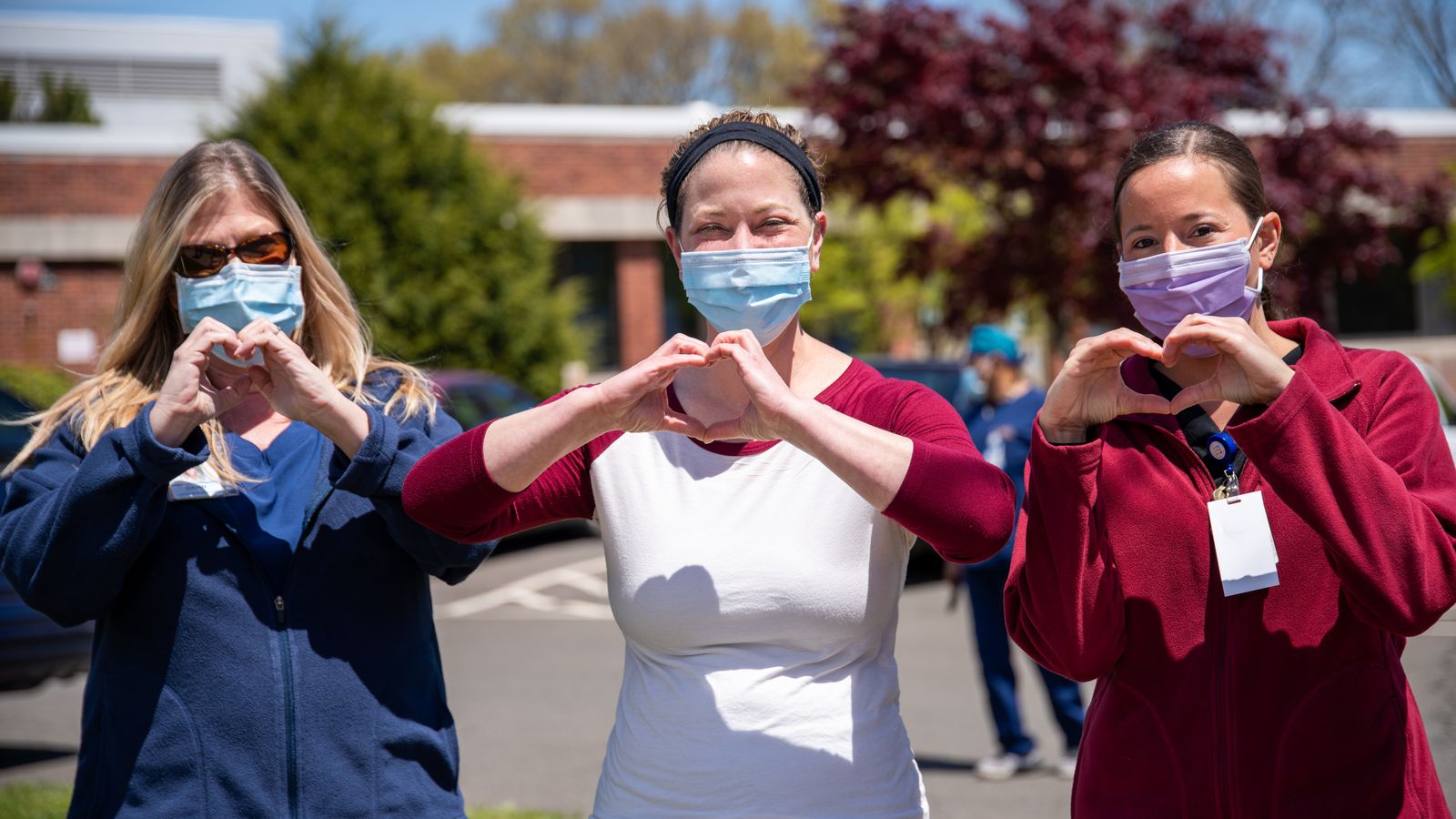Prof. Sprague Martinez Co-Edits Special COVID-19 Issue of “Progress in Community Health Partnerships”

In a special issue of Progress in Community Health Partnerships, editors Prof. Linda Sprague Martinez, Oklahoma State University Prof. Darcy Jones, and Prof. Hal Strelnick from the Albert Einstein College of Medicine introduce a collection of articles focused on community partnerships during the COVID-19 pandemic. “COVID-19 has cast a spotlight on the essential need for meaningful community participation in the public health response to a pandemic,” say the authors. “In the midst of the global pandemic, community-academic and community-public health partnerships quickly pivoted and expanded their reach to ensure response efforts reflected community health priorities.” The resulting articles give hope that the lessons learned during the pandemic will echo in community health partnerships for years to come.
Excerpt from “Advancing COVID-19 Response through Community Participation: Lessons Learned from Community–Academic Research Partnerships for Health” by Prof. Sprague Martinez, PhD; Darcy Jones (DJ) McMaughan, PhD; and Hal Strelnick, MD:
 We saw communities across the country coalesce to ensure access to information and resources, provide mutual aid, and advocate for representation in local public health decision-making. Community partnerships are critical to public health preparedness, prevention, and intervention. Yet engaging in equitable partnership continues to pose challenges for many. The collection of articles presented in this issue contributes valuable lessons learned and best practices for engaging in meaningful community-academic partnerships designed to advance equitable pandemic response efforts. These practices include novel approaches for remote community engagement, as community-academic and community-public health department partnerships transitioned to virtual outreach and engagement efforts. Meanwhile, partnerships used both critical and asset-based frameworks, focusing work on advancing racial equity. As a result, the collection presents nuanced findings from populations that are all too often overlooked, but bore the brunt of COVID-19’s harms.”
We saw communities across the country coalesce to ensure access to information and resources, provide mutual aid, and advocate for representation in local public health decision-making. Community partnerships are critical to public health preparedness, prevention, and intervention. Yet engaging in equitable partnership continues to pose challenges for many. The collection of articles presented in this issue contributes valuable lessons learned and best practices for engaging in meaningful community-academic partnerships designed to advance equitable pandemic response efforts. These practices include novel approaches for remote community engagement, as community-academic and community-public health department partnerships transitioned to virtual outreach and engagement efforts. Meanwhile, partnerships used both critical and asset-based frameworks, focusing work on advancing racial equity. As a result, the collection presents nuanced findings from populations that are all too often overlooked, but bore the brunt of COVID-19’s harms.”